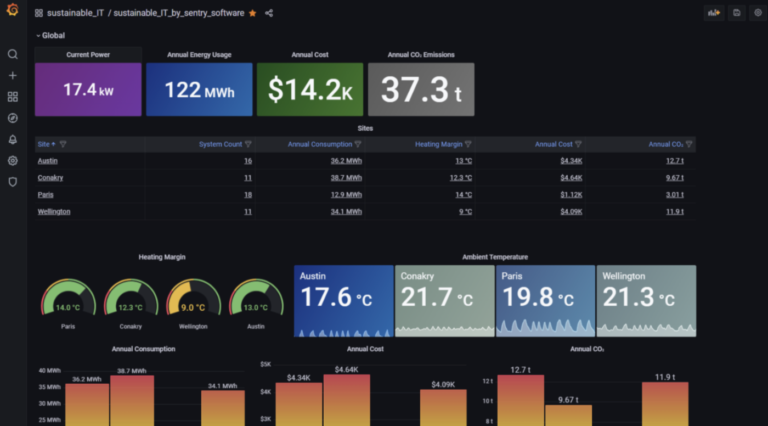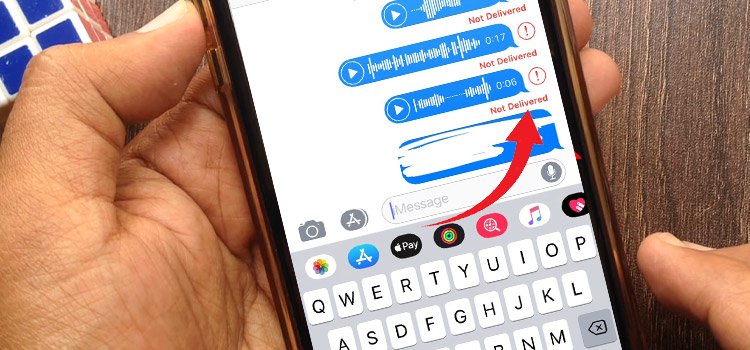How Blockchain Technology Can Benefit Public Governance
A blockchain is simply a digital record of transactions that is replicated and distributed throughout the blockchain’s complete network of computer systems. Each block on the chain is made up of a number of transactions, and whenever a new transaction occurs on the blockchain, a record of that transaction is added to the ledger of each participant. A decentralized database managed by many people is referred to as Distributed Ledger Technology (DLT). Blockchain, according to Euromoney, is a method for keeping information in such a way that it is difficult or impossible to hack the system. Interestingly, blockchain technology has the potential to be used for a broad variety of purposes, such as public governance. Read more about blockchain and cryptocurrency, hop on the trend, and be one stead ahead of forecasts on cryptocurrencies like the EPS price prediction from experts.
Maintaining trustworthy information on individuals, organizations, assets, and activities is a vital role of government. Local, regional, and national authorities are tasked with keeping records that include information such as birth and death dates, marital status, company licenses, property transactions, and criminal activities. Even for modern nations, managing and utilizing these data may be difficult. Some documents are only available in paper form, and residents are frequently required to attend in person to make changes to official registers. Individual agencies often create their own silos of data and information management standards, making them inaccessible to other areas of the government. And, of course, these data must be safeguarded against illegal access or modification, leaving no room for error.

Data Security
Anyone who utilizes government services is correct to be concerned that, despite agencies’ best attempts to secure their systems, criminals might obtain access to government databases and steal or modify data.
In 2015, for example, hackers stole personal information, Social Security numbers, fingerprints, job history, and financial information for about 20 million people who had undergone a background check by the US government, as reported by The Washington Post. Encryption methods will never be completely secure, but blockchain technology can make such breaches much more difficult to perform.
Smart Incorporation
The state of Delaware in the United States is in the early phases of developing incorporation services based on blockchain records and smart contracts rather than paper-based transactions. Of course, submitting the necessary paperwork, forming a distinct legal body, conducting organizational meetings, issuing shares, adopting bylaws, and so on are all part of the incorporation process. A digital method of incorporation would assist the rising number of private firms with complex equity structures, where various shareholders have distinct rights and duties. The rules governing specific investments in a firm might be written as smart contracts that are incorporated in a blockchain. This blockchain might therefore be used to automate voting procedures or to guarantee that regulations governing when and how investors may sell their shares are followed.
Ownership of Digital Property
Owning and transferring assets, whether physical property or financial instruments, often entails many contacts and a lengthy paper trail. Government agencies might significantly reduce both by digitizing asset ownership information and putting it on blockchain registries. Property registration and transfer remain time-consuming procedures. Lantmäteriet, Sweden’s land-registry body, is developing a smartphone app that will allow sellers and purchasers, as well as their real estate agents and banks, to conduct transactions. A blockchain would store precise information about the assets being sold as well as each stage in the sales process. Communication between all parties involved in the sale would become more transparent. Paper documentation, which is often hundreds of pages lengthy, would become obsolete. When fully deployed, the software is anticipated to cut the time required to finalize a transaction from three to six months to only a few days, or even hours in some situations.
Another advantage of utilizing blockchain to monitor property ownership is that insiders can be held accountable; it will be much more difficult for unauthorized government personnel to alter information. This might lead to more secure property rights in regions of the globe where the rule of law is weak, and power abuse is rampant.
Final Thoughts
Blockchain technology has great promise for government agencies searching for improved methods to handle and safeguard trustworthy information. It provides an appealing route toward more efficient operations, more responsive service, and improved data security. Visit Cryptona to learn more about blockchain and cryptocurrency.
Subscribe to our newsletter
& plug into
the world of technology





